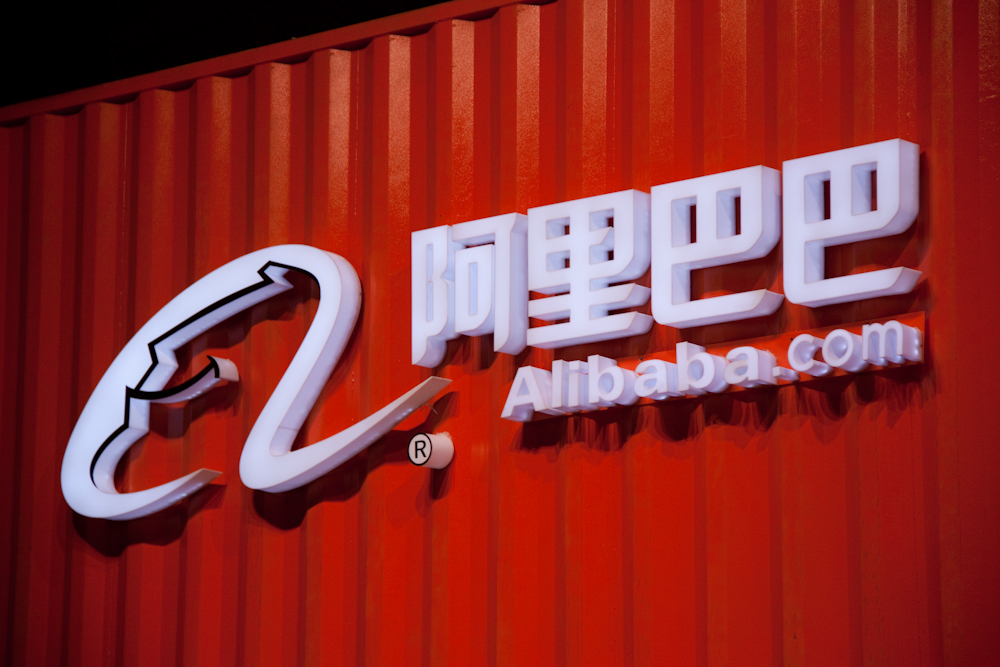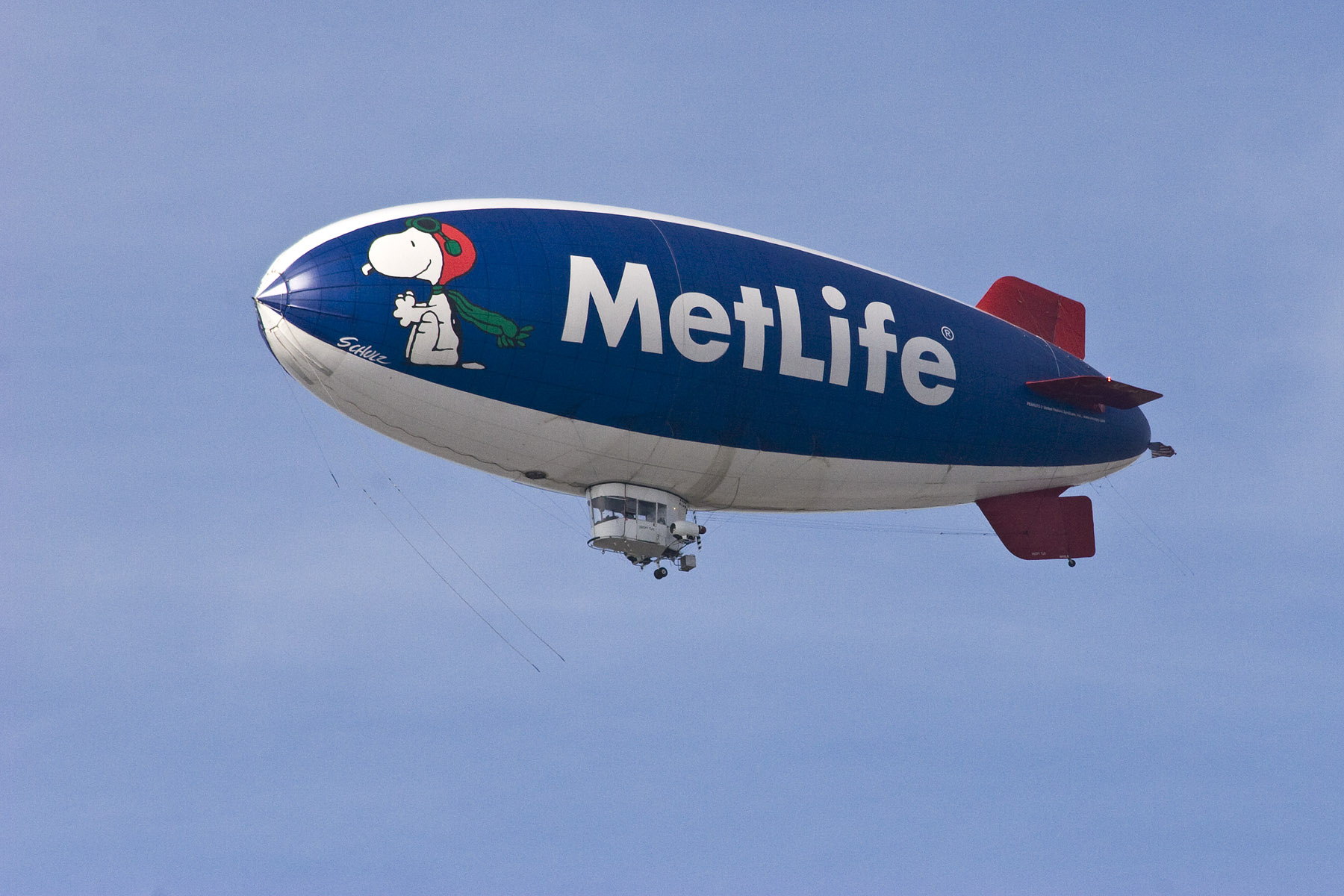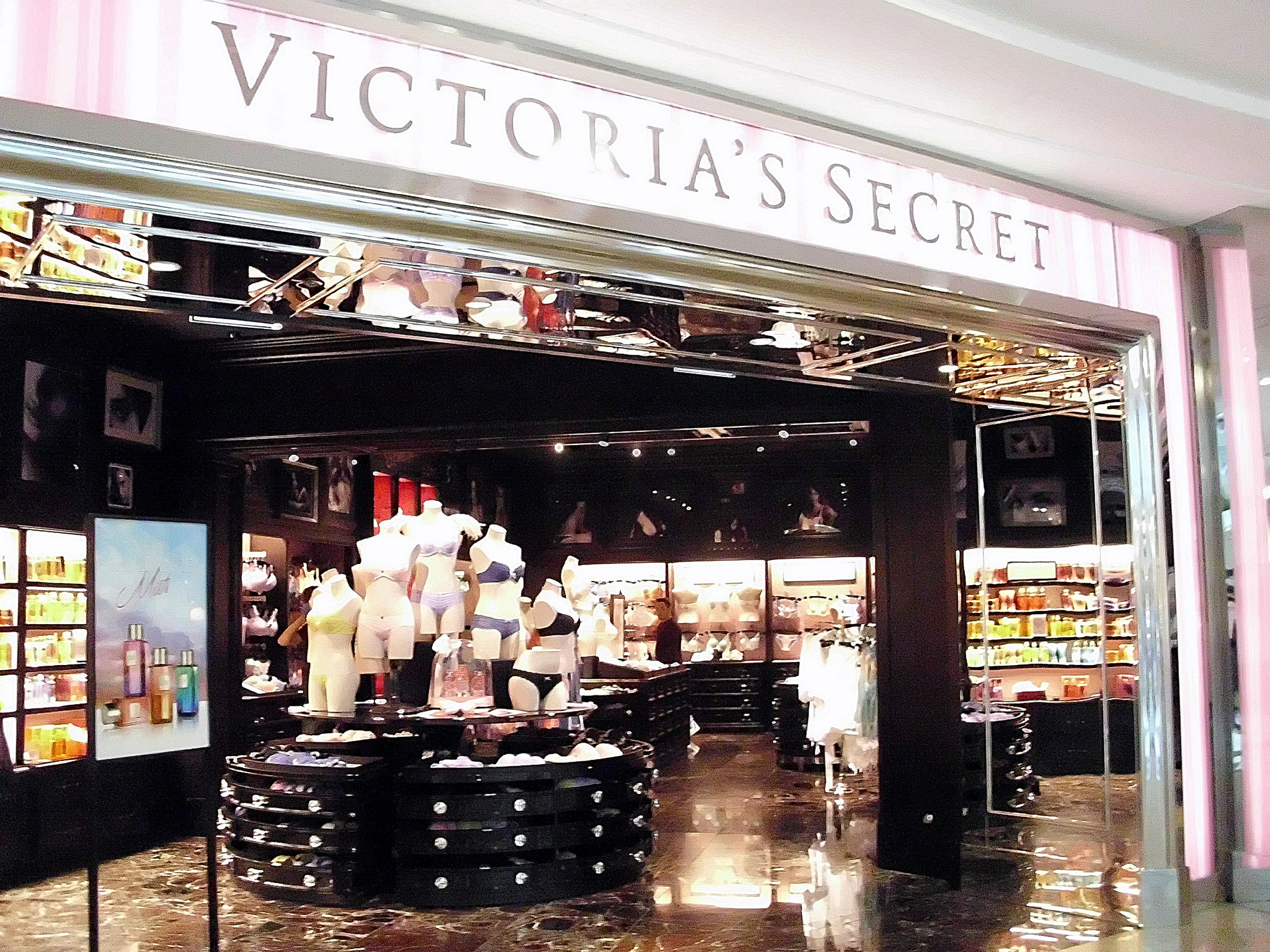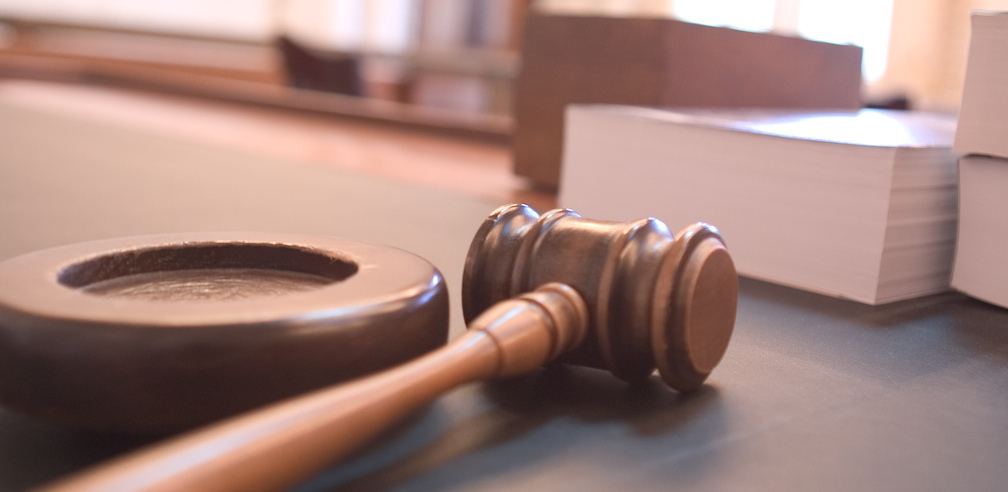When Justice Department went after Mesopotamian artifacts imported by Hobby Lobby, the lawsuit was actually filed against the ancient clay artifacts and not the retailer. Likewise, when the government determined that a Las Vegas casino had too much gold, it arrested and sued a solid gold rooster statue. Though they don’t always make headlines, such cases have a long, sometimes hilarious, history in U.S. law. [More]
federal courts

Racketeering Charges In Luxury Brands’ Lawsuit Against Alibaba Dismissed
While a lawsuit filed against e-commerce platform Alibaba and 14 of its sellers by French luxury goods maker Kering continues, a federal judge has dismissed part of it. The judge has ruled that the parent company of Balenciaga, Gucci, Puma, and Saint Laurent failed to prove that Alibaba and its vendors worked together in an enterprise to sell knockoff designer goods at at super cheap prices. However, the allegations that the site allowed knockoff items to proliferate remain. [More]

Federal Judge: Government Didn’t Prove MetLife Is ‘Too Big To Fail’
How can a financial company become a threat to the entire economy? If its failure would be catastrophic for the economy and the financial system, it’s considered “too big to fail.” That concept was formalized as part of the Dodd-Frank financial legislation of 2010, and the government has special requirements for institutions considered too big to fail. Today, a federal court ruling was unsealed where a judge ruled that the government didn’t sufficiently prove that one such company, MetLife, really fit the requirements. [More]

A Federal Judge Must Decide What ‘Report To Work’ Means In Victoria’s Secret Lawsuit
Last year, numerous national retail chains changed their practices around on-call scheduling, a practice where retailers adjust their staffing levels at the last minute according to how busy an establishment expects to be. Many companies discontinued the practice around the time that New York’s Attorney General began asking questions about the scheduling practices of national retail chains. However, a lawsuit over the practice of on-call scheduling continues in California, and hinges on what it means to “report to work.” [More]


